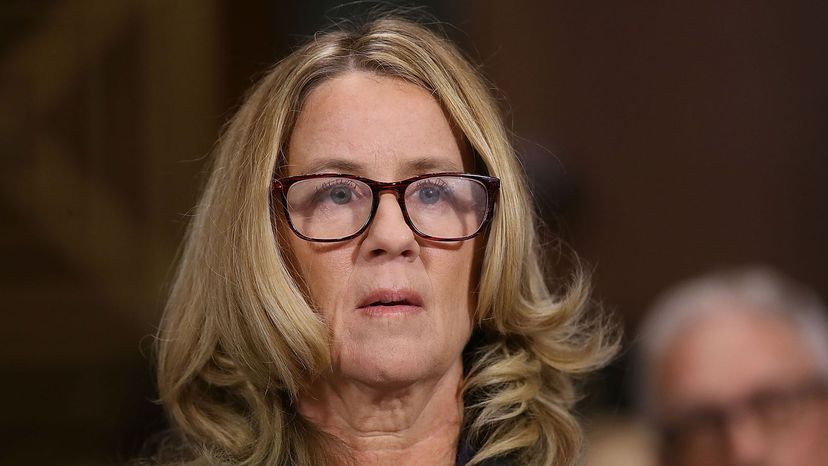
Harvey Weinstein. Louis C.K. Roy Moore. The list of prominent men admitting to or being accused of sexual harassment seems to grow longer each day. But what exactly is the legal definition of sexual harassment?
The U.S. Equal Employment Opportunity Commission (EEOC), the government agency that enforces discrimination laws, says, "It is unlawful to harass a person (an applicant or employee) because of that person's sex. Harassment can include 'sexual harassment' or unwelcome sexual advances, requests for sexual favors, and other verbal or physical harassment of a sexual nature."
Advertisement
The U.S. courts recognize two types of sexual harassment in the workplace: quid pro quo harassment and a hostile or abusive work environment.
Quid pro quo harassment is a sexual favor as a term or condition of employment. (The Latin term literally means "this for that.") A good example is actress Dawn Dunning's allegation that Harvey Weinstein invited her to his hotel suite, showed her contracts for his next three films but said she could only sign them if she agreed to have three-way sex with him. Prior to all the recent headlines, this type of sexual harassment was believed to be in decline, notes Merrick "Rick" Rossein, an employment law professor at the City University of New York Law School.
To qualify as quid pro quo, a harasser must have the power to influence the professional treatment of the victim, such as whether she's hired, promoted or receives salary increase. "If proven, the employer is always liable, even if they had a policy against asking for sex in the workplace," Rossein says. The favor doesn't always have to be explicit. It can be hinted at through words or gestures (touch).
Advertisement

